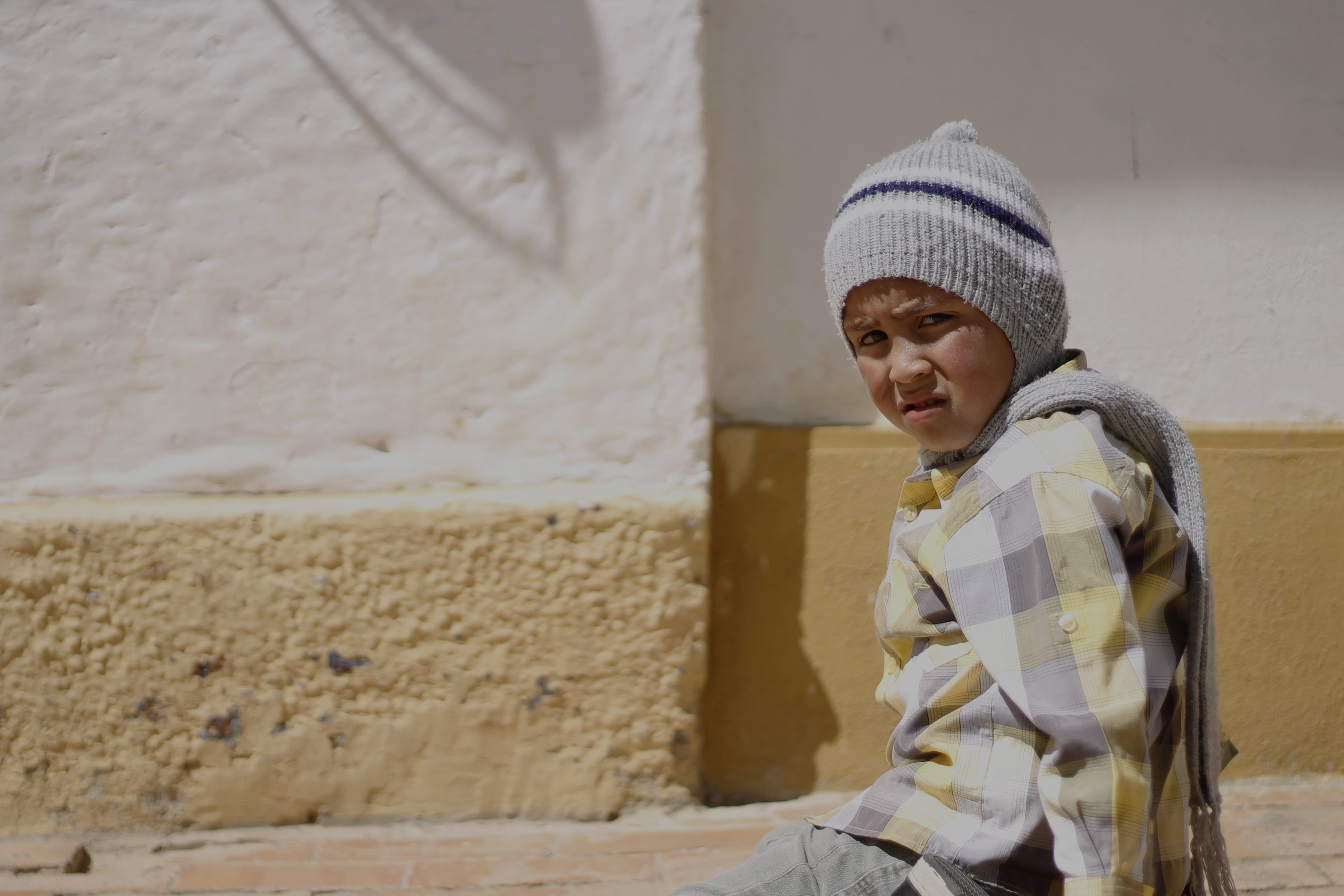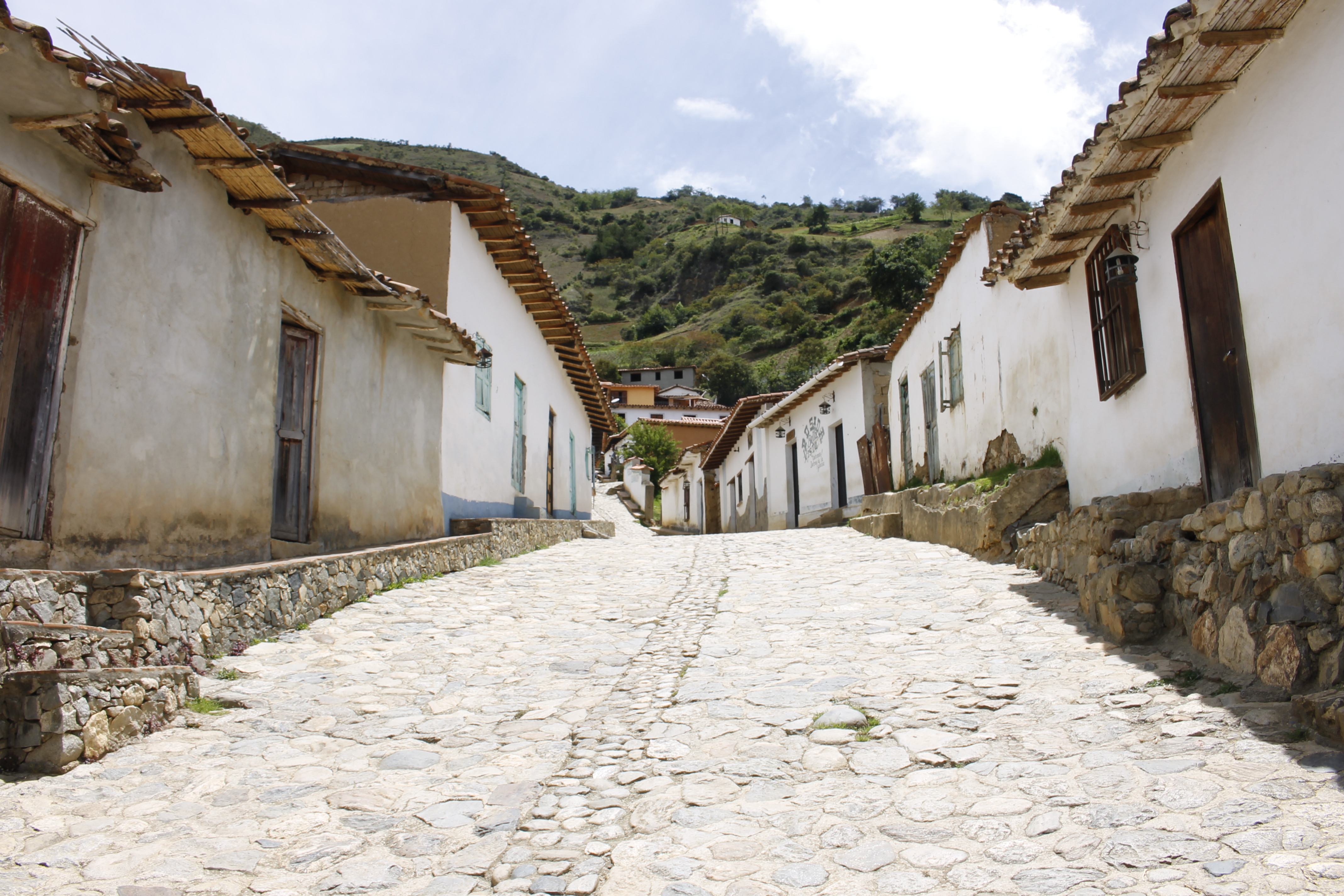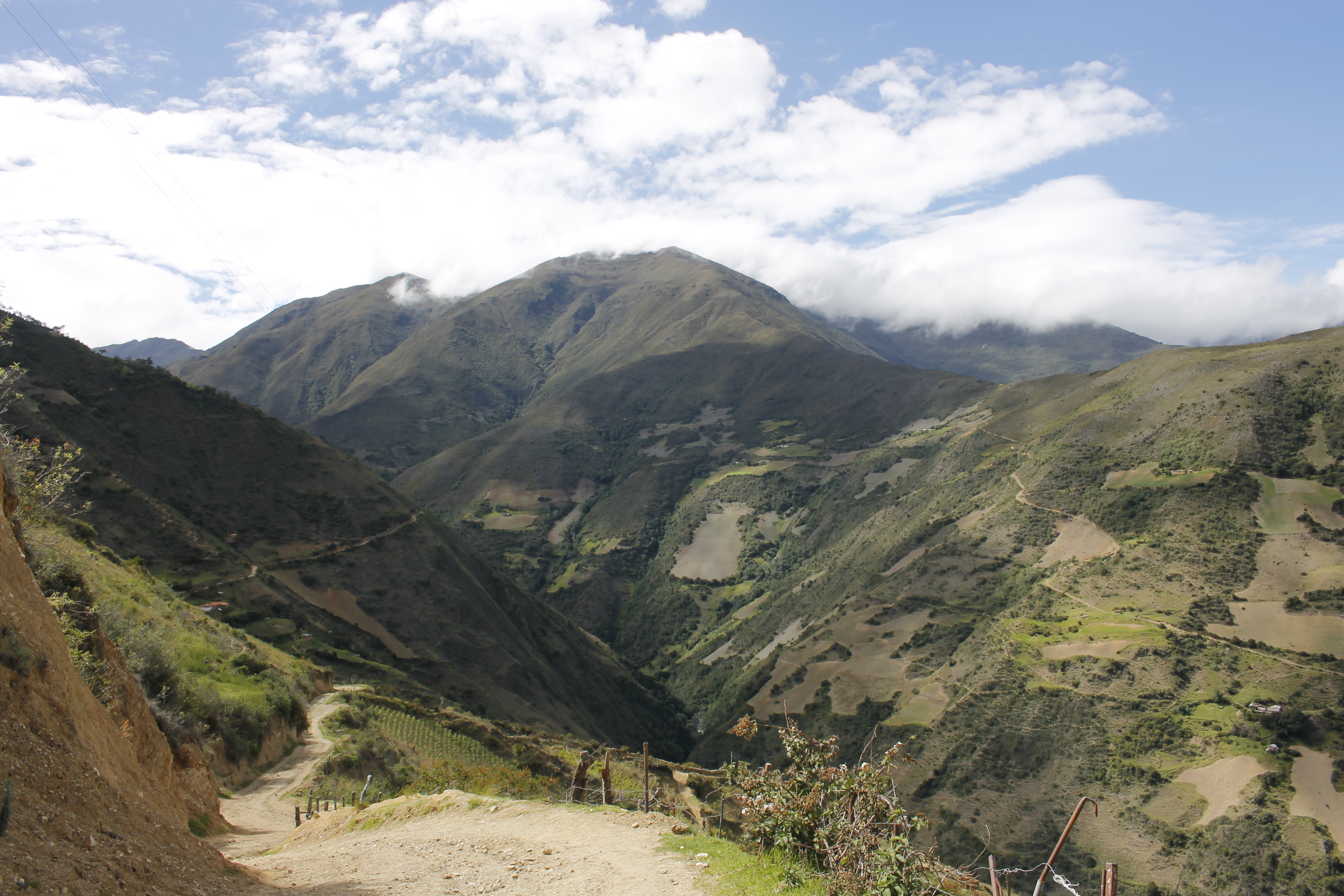The Old Ways Come Back to Face the Hardships of the Present
In the middle of Merida’s mountains, an isolated village learned how to keep living while ignoring the widespread socio-economic collapse of Venezuela.


Photos: Dario Sosa
The spire on top of a tiny church’s tower is the first thing you see when approaching Los Nevados from the dangerously curvy and uneven dirt road connecting it with the city of Merida. Founded in 1591, in the middle of Merida’s Sierra Nevada, Los Nevados’ geographical isolation kept it out of reach from the country’s modernization in the second half of the 20th century, something that’s sort of a blessing now.
It’s not like 20 years of chavismo haven’t touched a place where tourism was key: signs in English and French stand outside derelict hostels and the almost absolute absence of restaurants or stores of any kind clearly indicate that tourism stopped flowing a long time ago around here. Dr. Daniel Ramos, current director of the local outpatient clinic (and my guide this time) tells me that he knows about native citizens who left already for Colombia or Peru, just like millions of other Venezuelans.
But for the 150 people still in Los Nevados (and the thousand in the small villages around it) the worst aspects of the crisis seem way less dramatic than for most.

Faces of Los Nevados. Merida, 2019. Photo: Dario Sosa.
Nevaderos have produced their own food for centuries. Small gardens with coriander, potatoes or beans exist in every house, and most families also raise chickens, pigs, rabbits and even cows and goats. That’s the case of Rita and her husband, the closest thing you’ll find to an Amish couple in Venezuela. They live in an isolated house built on the skirts of El León peak, which we reached after a long hike with breathtaking landscape. The place is practically self-sustainable, even though it lacks electric power, which the couple considered unnecessary. A large forest with apple trees surrounds a well-built house with painted concrete walls; they get water from a nearby river and use wood to cook. A large greenhouse built with plastic bottles provides them with tomatoes, potatoes, berries, and many other crops, fertilized with self-produced hummus. They also have pigs and rabbits for meat.
Rita and her husband are well-educated people who decided to stay away from the nationwide mayhem by living in a little rural bubble. The few news they get come from Dr. Ramos, who visits them regularly and keeps them informed about what’s going on.
This relative independence, coupled with the absence of proper infrastructure to sustain a reliable electronic payment network (mobile signal is nonexistent and internet access is irregular) have turned barter into the common way of trading goods, reducing the impact of hyperinflation in everyday life. Traditional commerce isn’t entirely dead; a tiny store sells some hygiene products, which can be acquired with dollars or Colombian pesos, and the only bar in town accepts electronic transfers, if you can actually make them.

Los Nevados shows signs in English and French outside hostels and the almost absolute absence of restaurants or stores of any kind clearly indicate that tourism stopped flowing a long time ago around here. Merida, 2019. Photo: Dario Sosa.
After visiting Rita’s house, we went back at 9:30 p.m., with nothing but the full moon and our flashlights to light the way. We reached the town an hour later, cold, but without even thinking of the possibility of a mugging, even though a couple of motorbikes passed right by our side. I can’t even remember the last time I took a walk at night in Venezuela, much less the last time I didn’t freak out after hearing motorbikes approaching; the widespread crime that scourges most Venezuelan cities isn’t a problem here, where everyone knows each other, kids play in the street safely, and the last violent crime took place 20 years ago.
We went to sleep with the front door of our hostel unlocked, just like those of every other house. Unthinkable in modern-day Venezuela.
Power outages are extremely common, and the town went five days in the dark during the Great March Blackout, but unlike people from the cities, Nevaderos don’t depend on electricity. Things like electronic card readers or WhatsApp aren’t missed that much because they’ve never been widely used. It’s almost impossible to tell if there’s power or not, since it hardly makes a difference.

For the 150 people still in Los Nevados (and the thousand in the small villages around it) the worst aspects of the crisis seem way less dramatic than for most. Nevaderos have produced their own food for centuries, making the town practically self-sustainable, even though it lacks electric power, which the some even consider unnecessary. Merida, 2019. Photo: Dario Sosa.
Probably the recent gas crisis is what hits the town the hardest, making transport to and from Merida even more precarious, and limiting the use of sowing machinery.
In any case, people in Los Nevados look happier than any Venezuelan I’ve met in the city recently. Not because they’re more resilient, not even because their lives are easier; they’ve just learned to take care of themselves without help from the outside world, giving them the unique privilege of living without grasping the whole horror of our tragedy.
Caracas Chronicles is 100% reader-supported.
We’ve been able to hang on for 22 years in one of the craziest media landscapes in the world. We’ve seen different media outlets in Venezuela (and abroad) closing shop, something we’re looking to avoid at all costs. Your collaboration goes a long way in helping us weather the storm.
Donate




